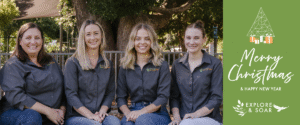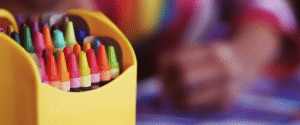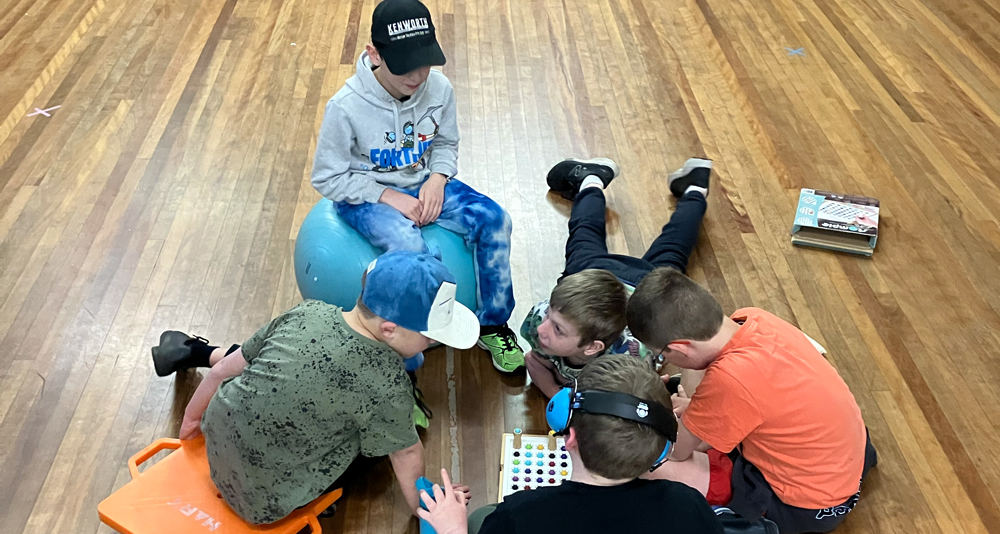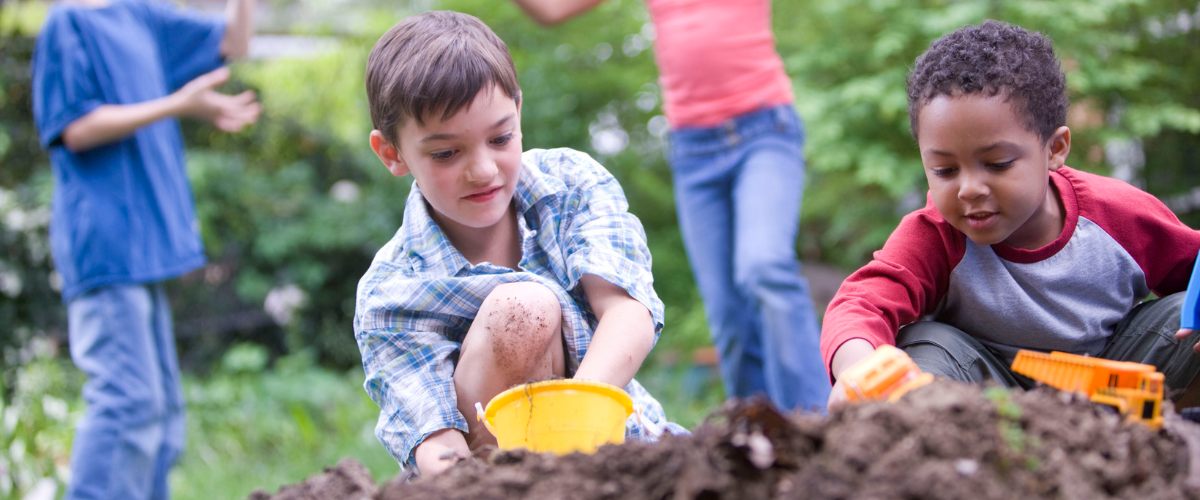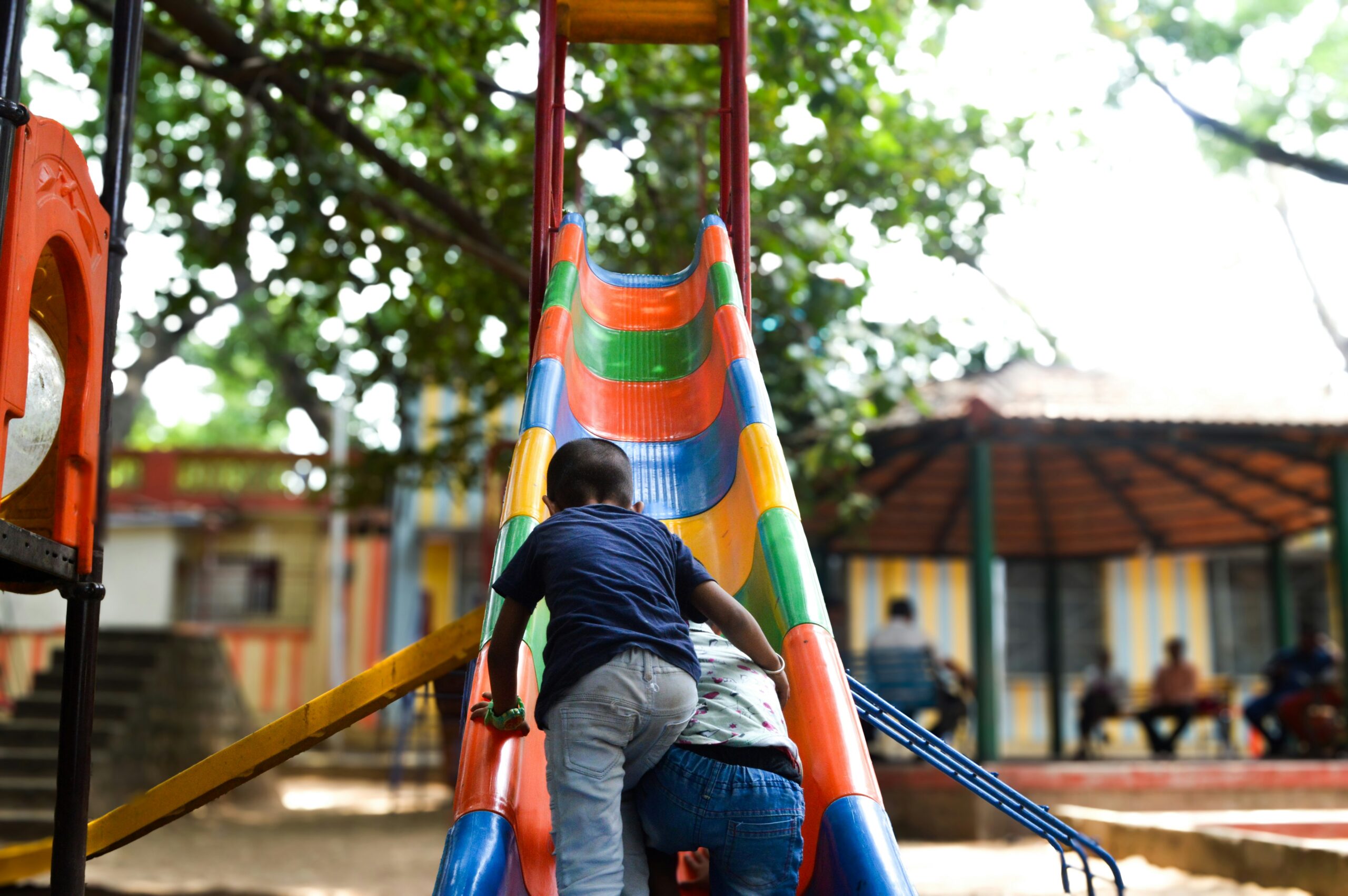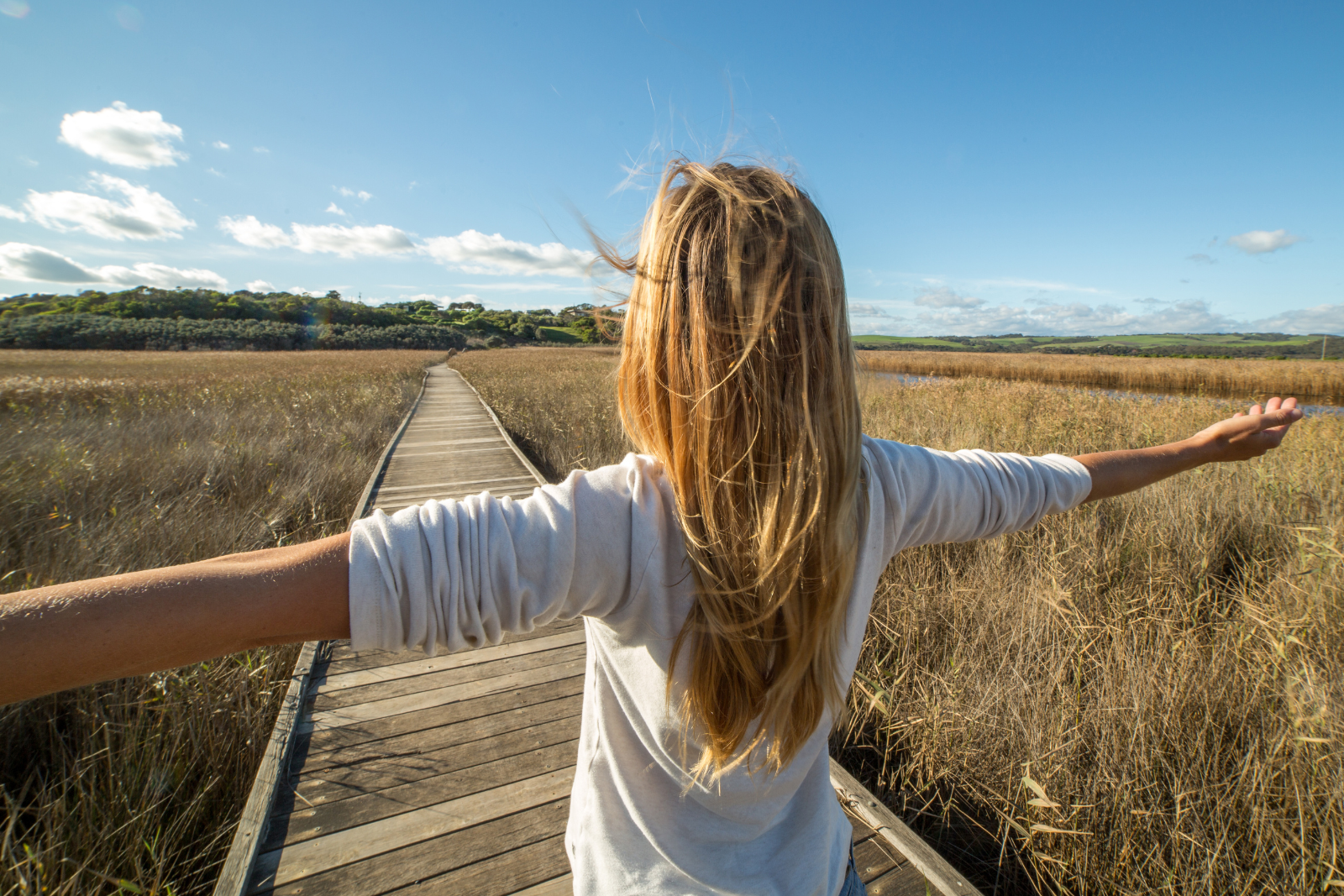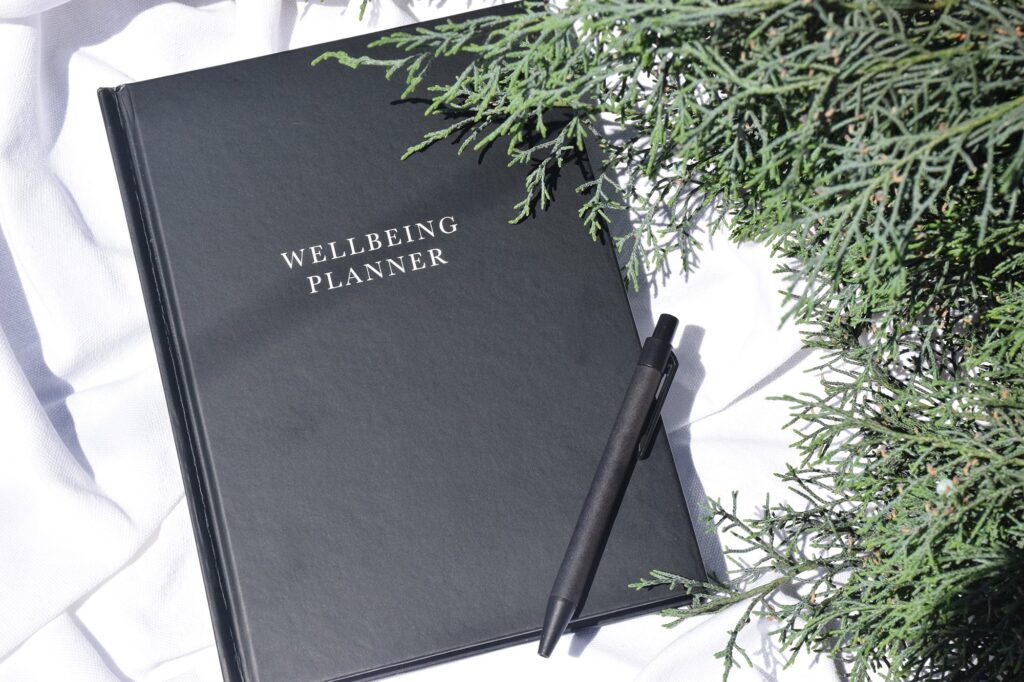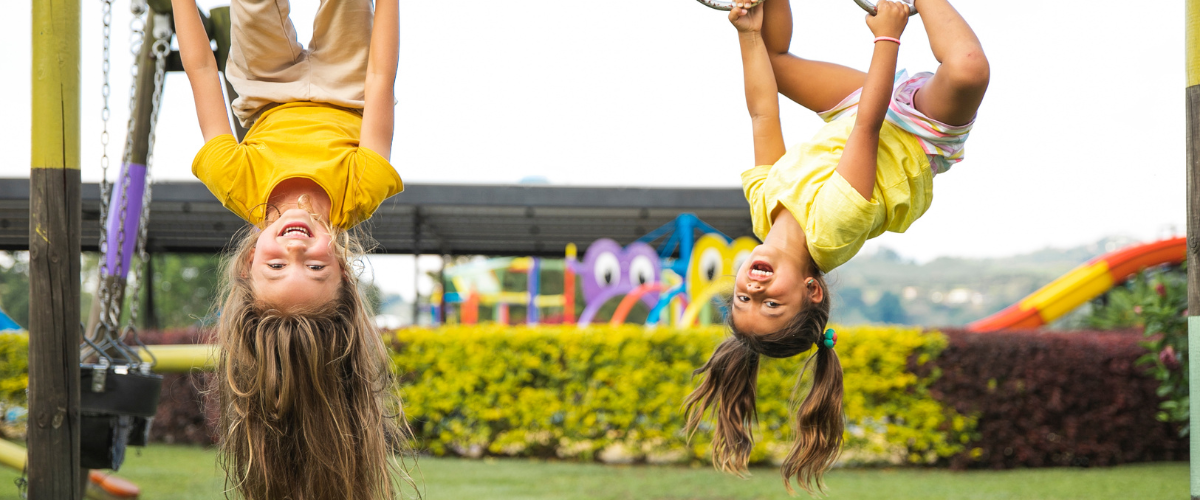
UTILISING GROSS MOTOR MOVEMENT TO BOOST YOUR CONNECTION TO YOUR COMMUNITY
Finding something you are interested in and engaging in your community is a vital step in enhancing your wellbeing and your overall health! Using your whole body through gross motor movement not only builds your confidence to explore the world around you, but also provides motivation to use your body in new and exciting ways, like going for bush walks, playing a team or individual sport or playing at a park with other local children.
What are gross motor skills?
By definition, gross motor skills are the physical abilities acquired during early childhood, those which require whole body movement such as standing up, walking or running.
Gross motor skills develop through the use of large muscles in the body in a controlled and organised manner including the torso, arms and legs to complete whole body movements. Skills involve both the coordination of muscles and the neurological system in the body. The development of these skills impact balance, coordination, body awareness, physical strength, endurance and reaction time. They are developed through experience, practice and repetition during everyday life and impact upon confidence and the execution of further skills such as; walking, running, skipping, sitting, jumping, hopping, hand-eye coordination (catching a ball), dressing, bathing, feeding oneself and even academic skills such as the ability to sit at a desk, manage a full day of school or carry a heavy school bag.
Children need to be exposed to a range of diverse opportunities in order to move freely and practice their gross motor skills, with each skill building on the one before and preparing your child for the next challenge. They are a vital part of childhood development for movement during daily activities and also provide a stable base for the development of fine motor activities, such as writing. As a child continues to develop their gross motor skills and overall body awareness, their self-esteem and confidence grows, allowing them to explore the world around them, interact socially and develop relationships. Check out our previous blog on gross motor skills that further breaks down the development of these skills.
Why are gross motor skills important?
Gross motor skills are just the beginning of many other skills and motor movements we are required to use to interact and connect to others and everything we do in this world. Gross motor skills allows us to be able to sit and not fall over, to be able to problem solve and move our body out of the way of something before getting hurt, to be able to keep our muscles turned on for a period of time to get through a day at school or a swimming lesson or to learn how to drive a car. To be able to continue to develop these skills, over our childhood, we are also required to learn other gross motor skills such as motor planning and coordination, activate muscle tone, and have a strong core and posture skills.
Where can we build our gross motor skills in our local communities?
There are many different ways that you can build gross motor skills for yourself and your child/ren in your local communities. Moving your body and developing gross motor skills doesn’t just benefit children, but it also benefits us as adults.
Below are a list of different strategies and ideas for you to try in your community today:
- Playing games with friends/peers at school: Recess, lunch, afternoons and weekends are a great way to connect with your friends, family and siblings and play games. There are a range of sports/activities our children love to play; such as handball (watch out for all those sneaky new rules), playing soccer or kicking a ball, playing basketball hoops or even ‘Red Rover Cross Over’ or ‘What’s The Time, Mr Wolf?’.
- Going to a park: Not only do some of our children love getting outside, they also love being challenged by different equipment. Check out new or different parks near you, there are some great ones that challenge climbing up in heights with bog slides, bike tracks and shopping for pretend play, flying foxes, the list goes on. The best part about parks is there are always opportunities to connect with other parents and children who are playing there too. We definitely have some great local ones in the Hunter Valley.
- Team sports: Sports require significant gross motor skills including the activation of large muscle groups including your core, legs and shoulders and arms. It is a great opportunity to find children of the same age and interest to try, experiment or love playing a sport together. There are so many local sports both summer and winter sports, including touch football, hockey, netball, football, soccer, basketball; the list goes on. It not only continues to build and challenge our children with body coordination skills but also social and emotional skills, such as win/lose. I have recently started playing netball again to continue to build upon my own community connections and motor skills. .
- Individual sports: Tennis, swimming, little athletics, dancing, gymnastics, karate, all individual sports but also done with people. Sometimes we love to challenge ourselves to be better, to learn a new skill and beat personal bests. These sports are just as important and fabulous as team sports in building so much personal resilience, motivation and determination.
- Community events; such as Park Run: or in my case, park walk. This is a sport that is gaining lots of attention for finding a community, where people with similar interests engage in running/walking – no matter what level they are at – to build a community. It is amazing just how many children get out and give it a go, or it has become a whole family outing each week.
- Exploring your community: Getting to know what is around you can be so much fun. You can go on bush walks, go for walks in a new direction or find a new place or field to go to and see what it is like. Grab a Frisbee or a tennis ball to take with you, you never know what you will find!
- Creating a treasure hunt: Depending on the age of your children, you can either create a treasure hunt (there are some great resources like AI that can help with riddles to unlock clues) to see what you can find in local parks or ovals, or the children can create them for each other and yourself. Who can find all the treasure the quickest?!?
- Use an APP! There are so many fun ways to connect with your community, even technology has joined in to help with, Geocaching is one example.
- Create your own game: Maybe you want to leave a random person a surprise and create your own fun! Rock painting or leaving hand made treasures out for others to find. Going back a couple of days or weeks later, to see if they are still there or not?
Explore & Soar continues to find new and fun ways to help share our knowledge, support our families, develop confidence in gross motor skills and connect with others in their community. If you are finding that even with all these ideas that you still have concerns, then please contact us. We are more than happy to help!
Call us on 0477 708 217 or email admin@exploreandsoar.com.au
Until next time,
Sophie
PUBLISHED JUNE 2025



